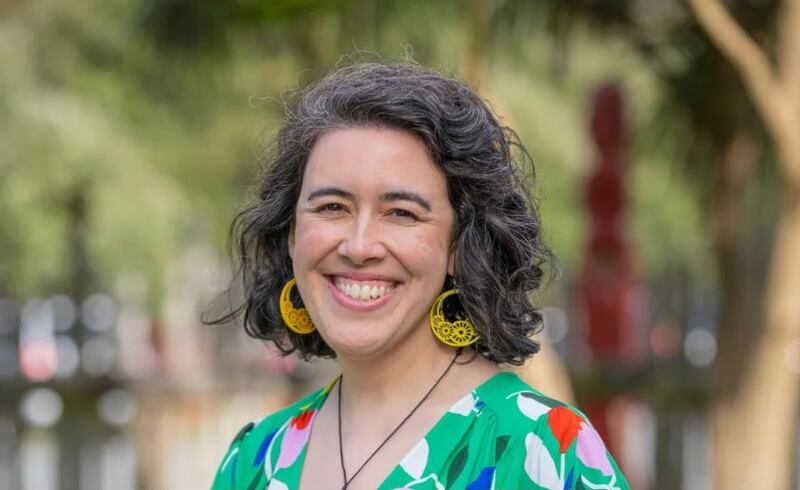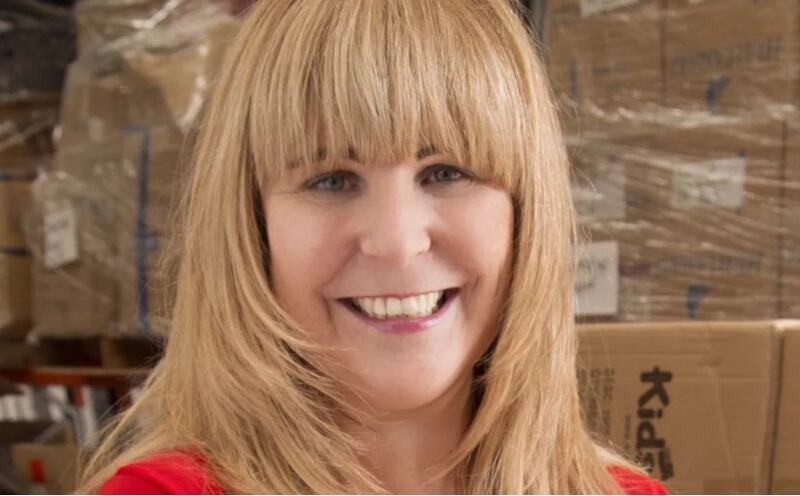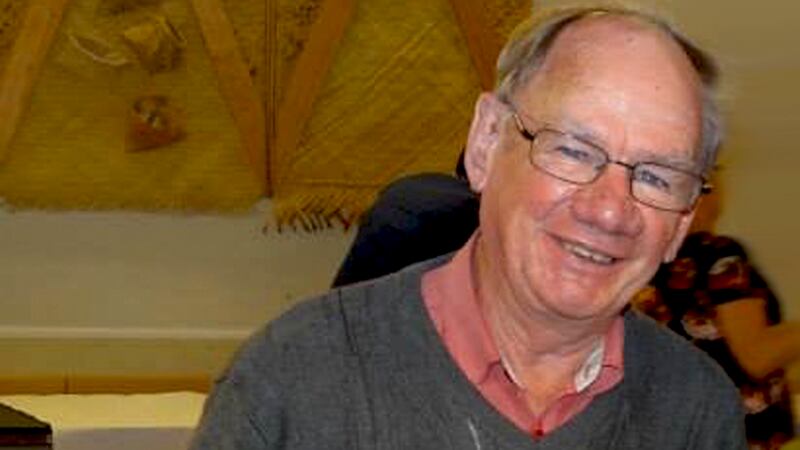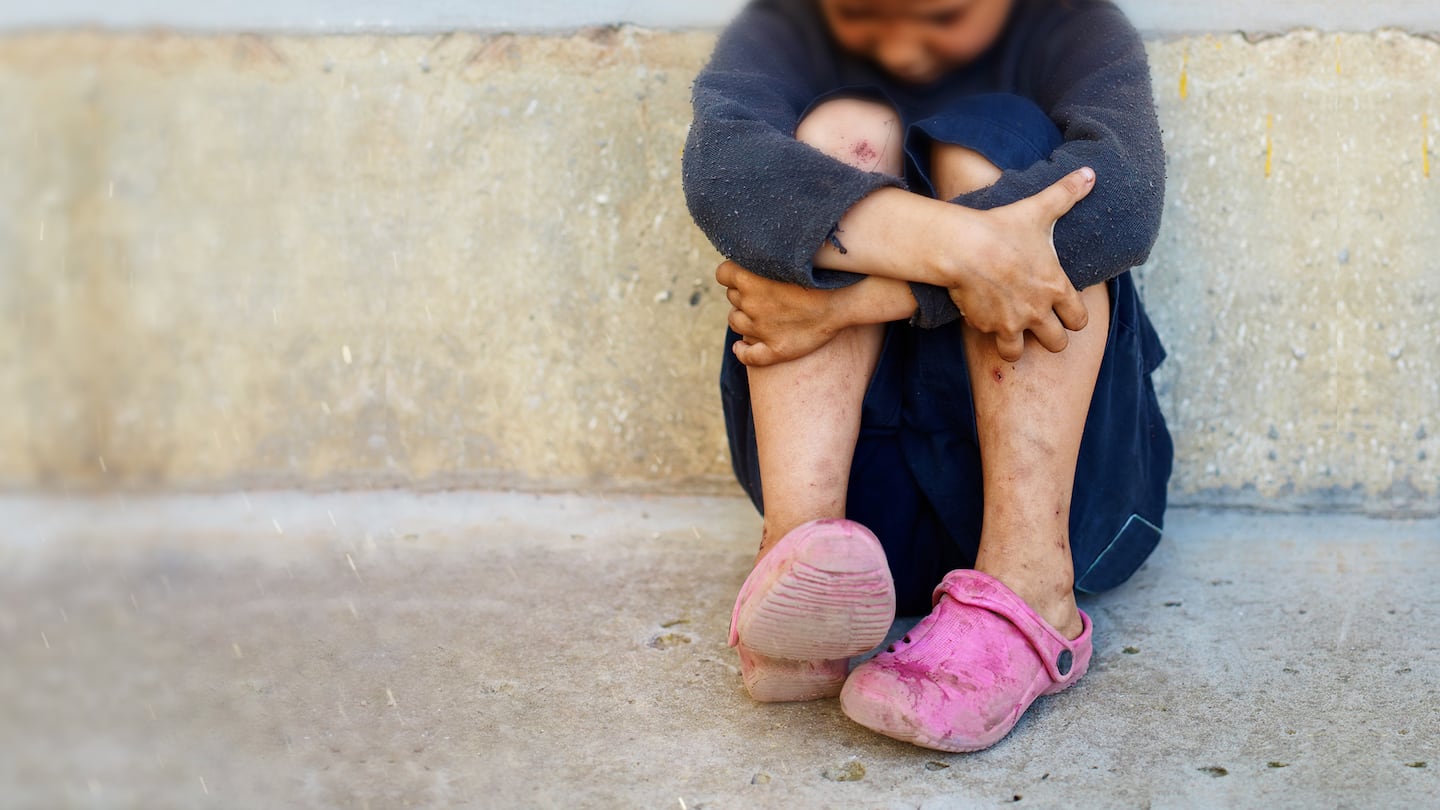Chief Children’s Commissioner Claire Achmad says every child in Aotearoa New Zealand should be able to “dream bigger” rather than have the ceiling closing in on their potential because of poverty.
Child poverty statistics for the year ending June 2023 released today by Statistics New Zealand show that children experiencing the most hardship in their everyday lives are mokopuna Māori, Pasifika and disabled children.

“Children with lived experience of poverty tell me clearly: we need to urgently reduce poverty to realise their dreams. Believe in us, invest in us, love and care for us,.” Achmad says.
She says every child is born with incredible potential but sadly far too many children’s dreams are only for the simplest things: tummies with nutritious kai in them, less stress, and not having to choose between education or working to keep the family afloat.
Kidscan say the statistics show 36,000 children are living below the poverty line, “which is hugely concerning but hardly surprising”.
“We’re deeply concerned, but sadly not surprised by these figures. The cost-of-living crisis is having a devastating impact on children’s lives. Every day we hear harrowing stories of kids going without the very basics,” KidsCan chief executive Julie Chapman says.

Housing or food?
“We are facing record demand, and we need the government to put child poverty at the forefront of its agenda. Investing in our most vulnerable children is crucial.”
She says the cost of housing is consuming far too much of people’s limited incomes, forcing families to work several jobs to put food on the table.
Chapman says it’s not just parents working – it’s their children too which comes at the expense of their education, “and that should not be something we should accept”.
KidsCan report that some students from their 47 partner schools dropped out of school or turned down offers to higher education to get part-time and low paying jobs to help their families survive.
“We want to see housing become much more affordable, and we must wrap support around children so they can stay in school. Education is their pathway out of poverty,” Chapman says.
The Child Poverty Action Group (CPAG) says material poverty, which improved in recent years, has now backtracked and show an extra 23,400 children now live in poverty.
Locking children into poverty

CPAG spokesperson Associate Professor Mike O’Brien says the lack of discussion about child poverty from the National-led coalition is concerning.
“This government is focused on getting people into work but we know over half of the children in poverty are in households with at least two, sometimes three or four incomes.”
O’Brien says the government has obligations, enshrined in law, to reduce the number of children who are living in hardship and this latest data should be of huge concern to all New Zealanders.
He says decisions taken by the coalition government so far, including indexing benefits to inflation, will lock even more children into a cycle of poverty.
O’Brien says there are serious implications in having an increase in children in poverty.
“For example, children in poverty are more likely to live in unhealthy homes, which can cause health problems, and puts a strain on the health system for us all.”
Lift wages
CPAG says its concerns are for those living on the minimum wage whose income is not enough and those on the benefit.
O’Brien says there is robust evidence that supports that the fastest way to remedy people out of hardship is by increased wages and the government needs to focus on helping low income earners and beneficiaries.
CPAG says it also has concerns about students, who are still counted as dependents in child poverty figures, who are earning wages being put toward household income and that this is concealing the true scale of child poverty in Aotearoa.
O’Brien says that CGPAG has tried to talk to Prime Minister Christopher Luxon to share research-based solutions for families that are trying to make basic ends meet that would help ease struggle but Luxon had declined to meet the group.



